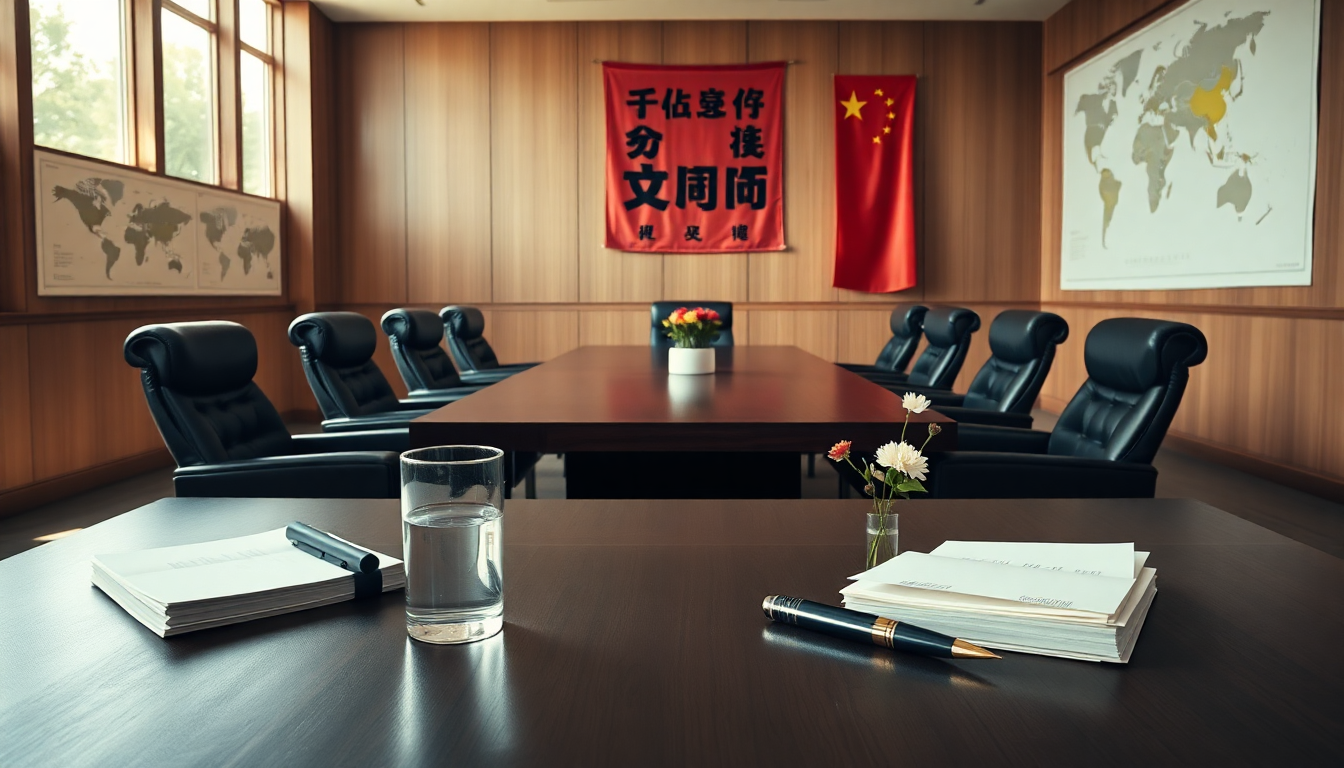Table of Contents
When we think about international diplomacy, one name often stands out: Lee Kuan Yew. His knack for building relationships, especially with China during Singapore’s formative years, has profoundly shaped the political landscape we see today. In his memoir, Ink and Influence: An OB Markers Sequel, seasoned journalist Cheong Yip Seng takes us on a journey through these crucial interactions. But this isn’t just a career retrospective; it also reveals the savvy diplomatic strategies that earned Lee the trust of Beijing.
The Essence of Lee’s Diplomacy
Cheong’s memoir is brimming with personal stories, especially from Lee’s landmark visit to Beijing in 1976. These tales offer a closer look at how Lee’s diplomatic skills laid the groundwork for a solid partnership between Singapore and China. Unlike many Western leaders, who often adopt a confrontational approach, Lee came to the table with a keen understanding of China’s unique strengths and challenges. Cheong highlights that Lee’s deep respect for Chinese culture played a crucial role; rather than building walls, he aimed to construct bridges. This mutual respect, as Cheong points out, was key to fostering enduring ties.
Throughout his time in office, Lee managed to honor China’s historical nuances while advocating for Singapore’s interests. This delicate balance wasn’t just a strategic move; it reflected his genuine appreciation for the complexities of the nation. Cheong remembers how Lee’s viewpoint starkly contrasted with the demonization often found in Western narratives, showcasing his wisdom in favoring collaboration over conflict.
Reflections on a Career in Journalism
Cheong’s memoir isn’t just a tribute to Lee Kuan Yew; it also celebrates his own remarkable journey in journalism. With decades of experience at The Straits Times, he offers readers a behind-the-scenes look at political journalism and the significant role media plays in shaping public perception and policy. From chronicling political milestones to tackling the challenges of reporting in a fast-changing environment, his insights are invaluable.
As a former non-resident ambassador to Chile, Cheong expands his perspective beyond Singapore, providing a global lens on international diplomacy. He emphasizes the need for media outlets to adapt and evolve—especially in our digital age—while staying committed to integrity and accurate reporting.
Looking Ahead: The Future of Singaporean Media
Drawing from his experiences, Cheong shares his vision for the future of Singaporean media. He stresses the importance of cultivating an environment that promotes transparency and constructive criticism—both vital for a thriving democracy. Cheong argues that the lessons learned from Lee Kuan Yew’s diplomatic efforts should inspire today’s journalists to tell stories that bridge divides instead of widening them.
As he reflects on the shifting dynamics of global relations, Cheong calls for a return to journalism’s core values, highlighting the media’s role as a facilitator of dialogue and understanding. This vision pays homage to Lee’s legacy and paves the way for a new generation of journalists who can learn from history while navigating an increasingly interconnected world.


